Fact-check: Are these images all from South Sudan?
No, one of the images shows a village in the Tharparkar Desert in Pakistan.
Writer: Nancy Caesar
An image shared on Facebook by 64 tribes Media claiming to show a part of South Sudan is false. The image was published alongside five other images, and the text accompanying them reads: “Blessed Country.”
The image in question shows a rural settlement, while the rest of the images are supposedly of different regions of South Sudan, whose flag appears on one of the photos.
Other pages that used the same picture with the same caption include Voice of Africa, African Hub, and Great Africa.
To determine the authenticity of the claim, 211 Check carried out an investigation.
Investigation:
211 Check carried out a Reverse Image Search on the pictures, and the results showed that the image, which shows a rural setting, was taken from a village in the Tharparkar desert.
While the image has been shared online several times, such as here and here, it is attributed to Emmanuel Guddu, who shared the same picture on 23 May 2021, with an accompanying tweet that reads:
“Yes this our Pakistan. This my shot also went viral and many people cropped and removed my watermark and mentioned that this is Thar of India. So here is full and actual shot which I took in a village near Islamkot in Tharparkar Desert of Sindh Pakistan (sic).”
Further investigation revealed that the Tharparkar Desert is an arid region that forms a natural boundary between Pakistan and India. On the Indian side, it is referred to as the Thar Desert, or the Great Indian Desert, and takes up about 85% of the desert’s coverage while 15% falls on Pakistan’s side.
Conclusion:
211 Check finds that most of the pictures were taken in South Sudan, but one is from a village in the Tharparkar Desert.
This fact check was published by 211 Check with support from Code for Africa’s PesaCheck and African Fact-Checking Alliance.
To ensure accuracy and transparency, we at 211 Check welcome corrections from our readers. If you spot an error in this article, please request a correction using this form. Our team will review your request and make the necessary corrections immediately, if any.
It is crucial to fight against misinformation and disinformation in mainstream and alternative media by avoiding becoming a victim of fake news. To prevent the spread of false information, you must refrain from sharing content you are unsure about or unaware of its origin. Disinformation and misinformation can be incredibly dangerous because they can mislead people and cause harm. For instance, false information on health matters can lead to wrong decisions that can put people’s lives at risk. Therefore, it’s vital to fact-check information before sharing it to promote accurate and reliable information. Visit https://211check.org/ for more details on our fact-checking process, or send us a WhatsApp message at +211 917 298 255 if you want to present a claim. Our team will promptly respond to your request because we believe #FactsMatter.

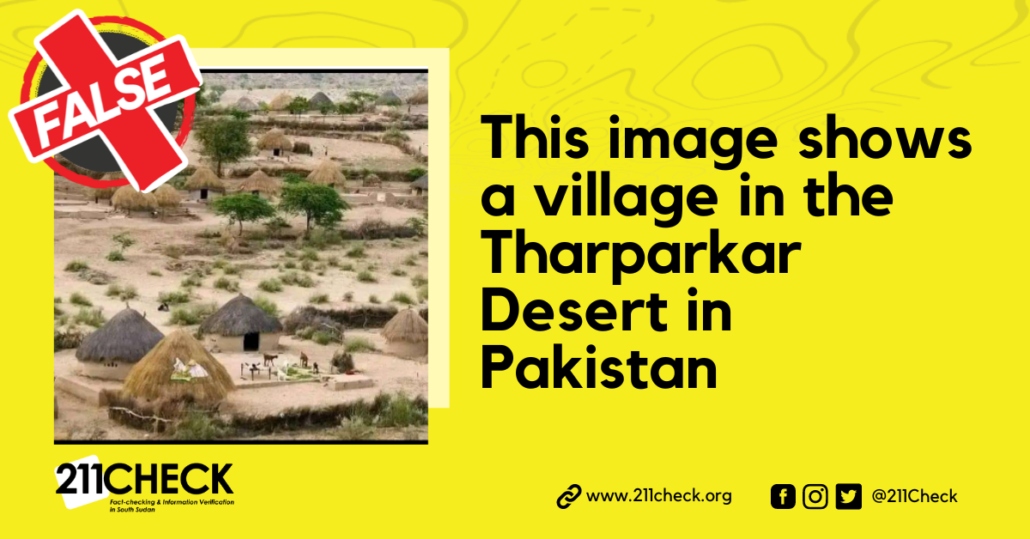

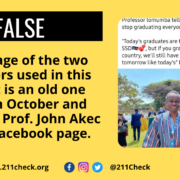
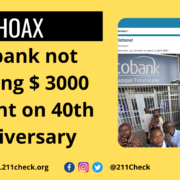 211 Check
211 Check 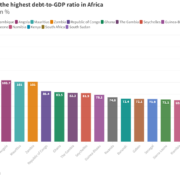

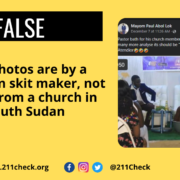

Leave a Reply
Want to join the discussion?Feel free to contribute!